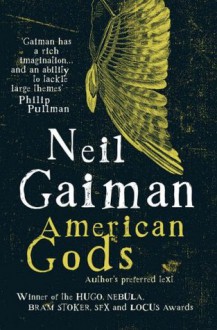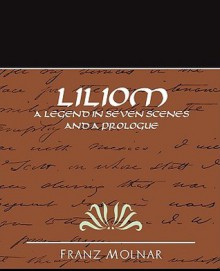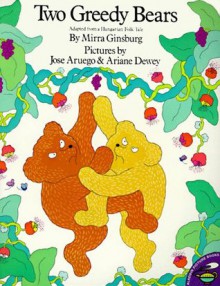
(kicsi spoiler, nem vészes, nem tudsz meg semmi olyat ami elrontaná az olvasás élményét)
Azt hiszem itt az ideje, hogy elkezdjem végre lejegyezni a benyomásaimat a könyvekről, amiket elolvastam. Kezdem is a legutóbbival. Neil Gaiman-től ez az első könyv, amit elolvastam (na jó nem, most jöttem rá, hogy a novelláiból is olvastam azért vagy 5-öt talán). Nagyon megfogott a stílusa, az, hogy van a műveiben egy kis mágia, egy kis varázslat, no meg persze megtudtam, hogy Terry Pratchettel is dolgozott együtt, akitől még szintén csak egy könyvet olvastam el, de az nagyon jó volt.
A könyv az amerikai istenekről szól, akiket a bevándorló népek vittek magukkal (a fejükben, a történeteikben és a szokásaikban). ezeknek az isteneknek, már régen nem hódolnak, és kezdenek kifakulni, eltűnni. Ja, mivel hogy ezek nem csak olyan istenek, hogy láthatatlanok, meg szellemek (bizonyos szinten igen), de fizikai szinten is léteznek, és találkozhat velük az ember Amerikában. Van aki kisstílű bankrabló, mások prostik vagy taxisofőrök. A bonyodalom az új istenek és a régiek között lép fel, van egy Árnyék nevű fickó akiről szól ez az egész sztori, illetve vele kezdődik na. Árnyék épp a börtönből szabadul, de komplikációk vannak, és nem úgy mennek a dolgok, ahogy ő azt eltervezte. Szerda egy különleges emberke, aki a munkáltatója lesz. Többet nem is mondok, kiderül persze közben, hogy ki kicsoda.
A könyv az én e-book olvasómban 448 oldalas, valójában valószinűleg rövidebb, a feléig kábé csak felvezeti a sztorit, több szálon fut a történet, néha csak bemutat egy-egy rövid fejezet erejéig egy istent. Érdekes, de homályos belátást kapunk így a dolgokba, Szerda nagyon titokzatos, így hát 200 oldalon keresztül húzzák a mézesmadzagot... és aztán Wááááááá! Megtörténik a csoda, pörögnek az események, beindul a harc a háttértörténet, kiderül mindenkiről, hogy kicsoda is ő valójában.
Igazán megragadó történet. Azt hiszem, van is néhány jegyzet amit elmentettem az olvasómba. Ha megtalááá á megvan!
"Téli köd nyaldosta a dolgos peremét."
"Egy mese lényegét azzal lehet a legjobban elmondani, ha elmeséljük. Értik? Ha egy történetről akarunk beszélni, akkor éppen elmeséljük azt. Ez kötéltánc és álom is egyben. Minél részletesebb a térkép, annál jobban emlékeztet magára a tájra. A létező legrészletesebb térkép mag a táj, ezért térképnek tökéletesen pontos és teljességgel haszontalan lenne.
A mese ez a térkép, ami a táj.
Ezt ne feledjék. -Ibis úr jegyzetfüzetéből"


 Log in with Facebook
Log in with Facebook 












